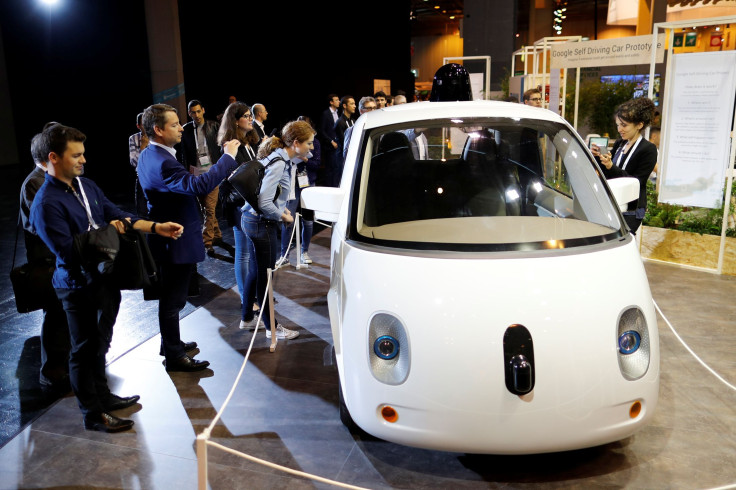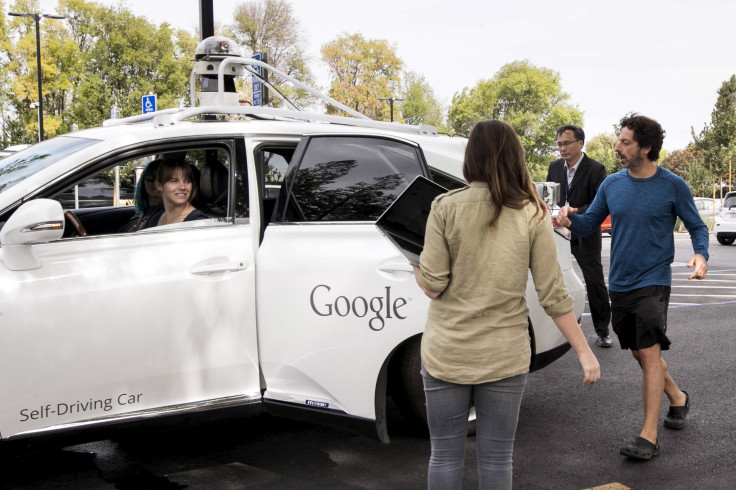What Is Waymo? Get Aquainted With Google's Self-Driving Car

After eight years and two million miles, Google officially announced the launch of a new company dedicated solely to its self-driving cars. Waymo, a standalone organization within parent company Alphabet, will spearhead the move toward autonomy as a self-driving technology company.
“We believe that this technology can begin to reshape some of the ten trillion miles that motor vehicles travel around the world every year with safer, more efficient and more accessible forms of transport,” the company said in a blog post on its website Tuesday. Waymo, which stands for “a new way forward in mobility,” aims to make roads safer by ending drunk and distracted driving and make cars accessible for people with limited mobility.
Google completed the world’s first fully autonomous trip in 2015 when a legally blind man drove through suburban Texas, relying solely on the car to pilot.

“We are a self-driving technology company. We’ve been really clear that we’re not a car company, although there’s sometimes some confusion on that point,” said CEO John Krafcik. “We’re not in the business of making better cars. We’re in the business of making better drivers.”
Fully autonomous cars haven recently risen to the forefront of the technology conversation, though debate persists about the possible ethical and moral ramifications that come alongside such an advance. Split second decisions about whether to sacrifice those in the car or those on the street, or other such similar choices, would need to be made in the event of an unavoidable accident. These are decisions that humans make reflexively, but self-driving cars would need to be programmed to make them.
A self-driving Tesla was involved in a crash in Florida in 2015 that killed the man in the driver's seat. Advocacy organization Consumer Reports released a report shortly after calling Tesla’s technology “too much autonomy too soon” and urged the company to walk back its premature rollout.
© Copyright IBTimes 2025. All rights reserved.






















